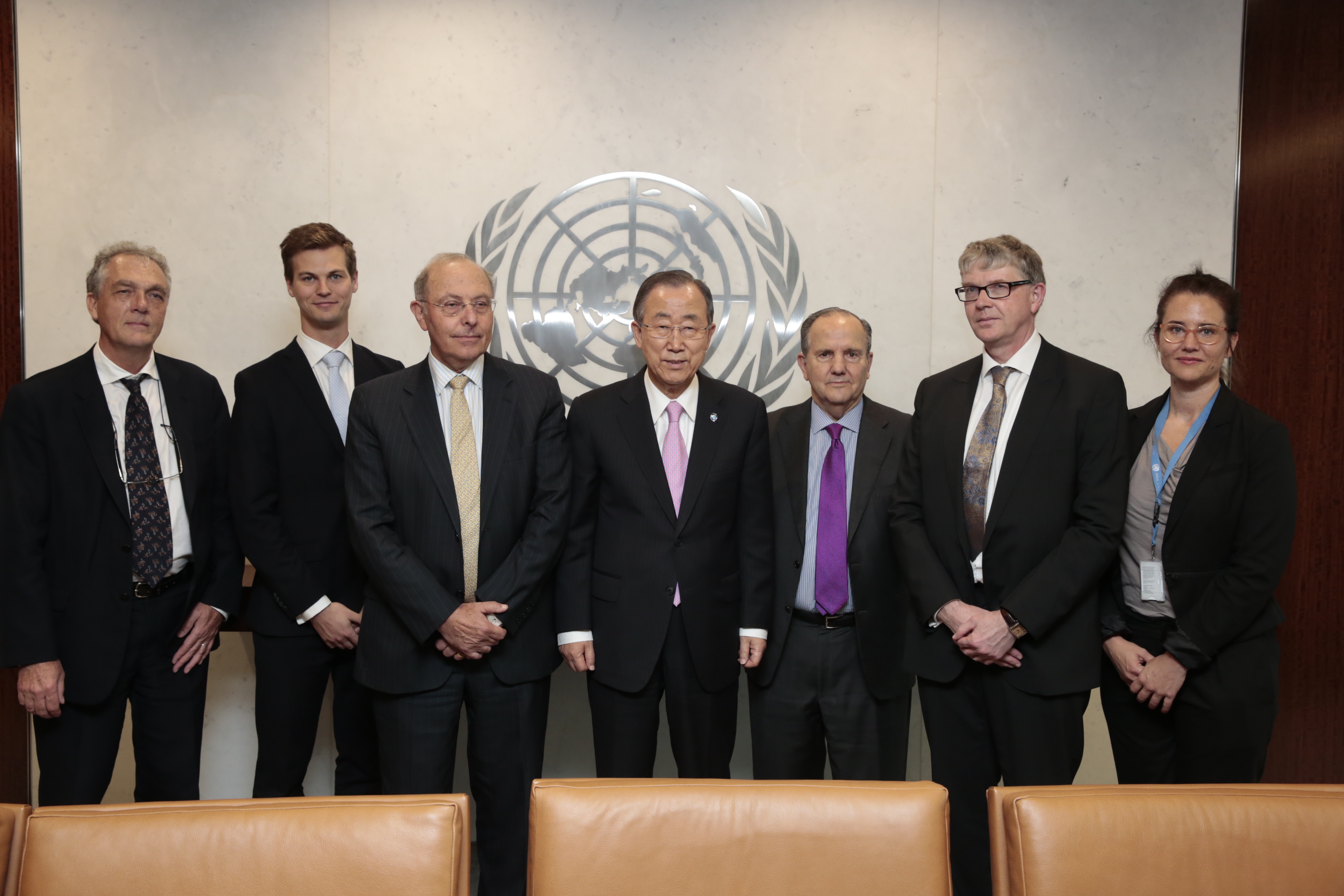Malcolm's work with the UN focuses on preventing torture and degrading treatment. His frustration was borne out of the fact that the Irish Government has repeatedly promised but failed to ratify a system of independent international inspections of its prisons and Garda stations.
In the Irish Times last week, Malcolm indicated that at the last universal periodic review of the human rights records of all 193 UN member states in 2011, Ireland’s failure to sign up to the UN’s anti-torture protocol (Opcat) was openly criticised, even by some countries in the developing world with very poor human rights records.
The first country to tell Ireland to hurry up and get on with it was Cambodia... It really doesn’t do Ireland any political favours not to be a party to what is now one of the two premier global instruments focusing on combating torture and ill treatment.
The Opcat protocol was adopted by the UN General Assembly in 2002 and came into force in 2006.
It provides for the UN and national bodies to make unannounced visits to all places of detention including prisons, police stations and psychiatric hospitals and to report on what they find. The bodies have the power to examine the facilities and interview staff and detainees in confidence as part of the inspection process.
The visits are made by the UN’s subcommittee on the prevention of torture, which Prof Evans chairs.
The protocol also creates an obligation on State’s to create a similar body at national level. Both would inspect at any time any facility in Ireland where people were denied their liberty.
